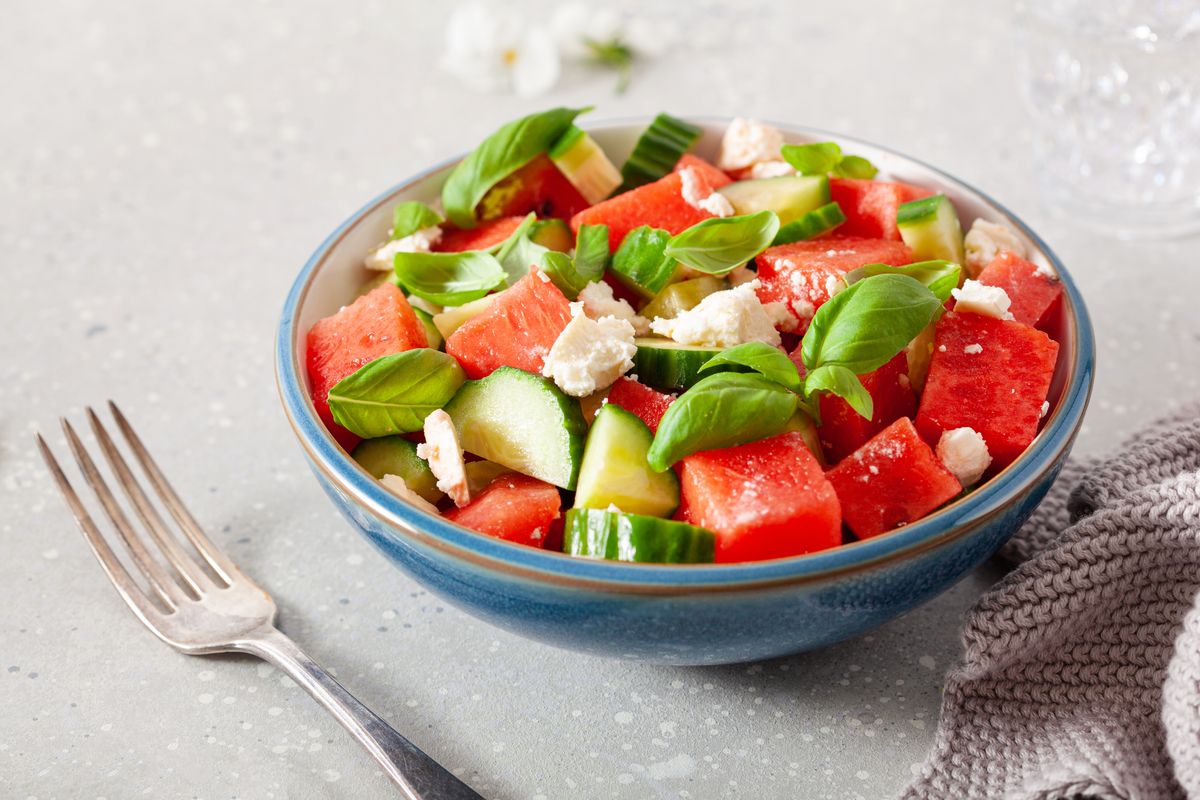When considering hydration, the mind typically gravitates towards beverages like water, tea, and coffee. Yet, the body derives a significant portion of its hydration from the foods you consume, particularly those abundant in water content.
Determining your daily water intake isn't a one-size-fits-all approach. The National Academies of Sciences, Engineering, and Medicine offer guidelines: women should aim for a total of 2.7 liters, roughly equivalent to 11 cups of overall water consumption per day, while men should strive for 3.7 liters, approximately 16 cups. However, the concept of "total water" isn't restricted to chugging endless cups of water; it encompasses a combination of fluids and foods. Roxana Ehsani, MS, RD, CSSD, LDN, a registered dietitian nutritionist based in Miami, Florida, explains, "Around 80% of this total can be sourced from beverages like water, coffee, tea, milk, and juice, with the remaining 20% derived from water-rich foods." Ehsani emphasizes the role of water-packed options, such as fruits and vegetables, in meeting your hydration needs. Raw fruits and vegetables, she notes, boast the highest water content among edibles.
Elevating your fluid intake via your diet, Ehsani advocates for incorporating fruits and vegetables into every meal and snack. "Infuse your diet with these hydrating options throughout the day," she advises, "as they contribute significantly to your fluid intake."
Furthermore, Ehsani suggests that whenever you sit down to dine or assemble your breakfast, lunch, or dinner, make it a habit to fill at least half of your plate with fruits and vegetables. This conscious choice not only nurtures your body but also effectively contributes to your hydration goals.
Incorporating Hydrating Foods into Every Meal: A Comprehensive Approach
Let's explore the art of infusing hydrating foods into each mealtime:
Breakfast: To illustrate, if you're a fan of cereal, consider enhancing it with a delightful array of fruits like berries or banana slices, as suggested by Ehsani. Alternatively, if your morning taste leans towards the savory, such as avocado toast and eggs, contemplate the addition of tomato slices, leafy greens, bell peppers, and mushrooms either atop your toast or incorporated into your eggs.
Snacks: Instead of resorting to the customary bag of chips during your mid-day energy slump, Ehsani recommends a healthier alternative. Opt for a piece of fruit accompanied by a handful of nuts, infusing your snack with both refreshment and sustenance. Alternatively, brighten your yogurt cup by sprinkling it with an assortment of fruits, or dip baby carrots into the delightful depths of hummus or bean dip.
Dinner: As the evening meal approaches, let's rethink our dinner plate composition. Ehsani urges us to reconsider the tendency of relegating just a piece or two of broccoli to the corners of our plates, overshadowed by heaping servings of pasta, rice, or steak. Instead, take the opportunity to ensure that a minimum of half your plate is occupied by an array of vibrant veggies. This could involve the convenience of a pre-packaged salad conveniently placed on your plate, or the effortless preparation of a bag of mixed frozen vegetables via the microwave.
Exploring the Pinnacle of Hydration: The Top 15 Hydrating Foods
In pursuit of increased hydration through your dietary choices? Delve into the realm of the 15 most hydrating foods, meticulously ranked based on their water content.
1) Iceberg Lettuce (96% water):
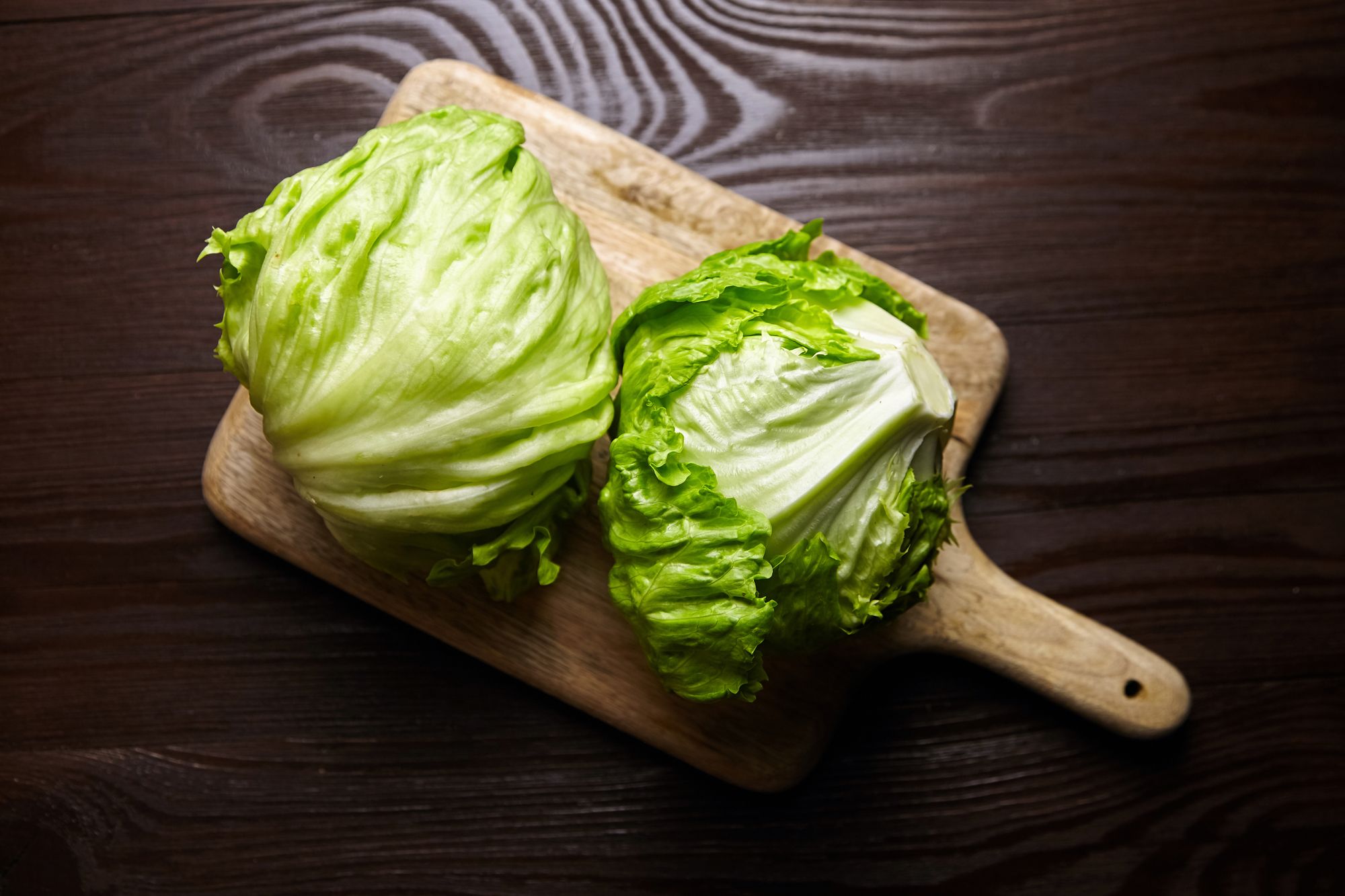
Despite its reputation for being low in nutrients, iceberg lettuce takes the lead in hydration with an impressive 96% water content. Alexandra Miller, MS, RDN, LDN, a Corporate Dietitian at Medifast, Inc., emphasizes its role as a hydration source along with its minor contribution of vitamins A and C.
2) Cucumber (95% water):
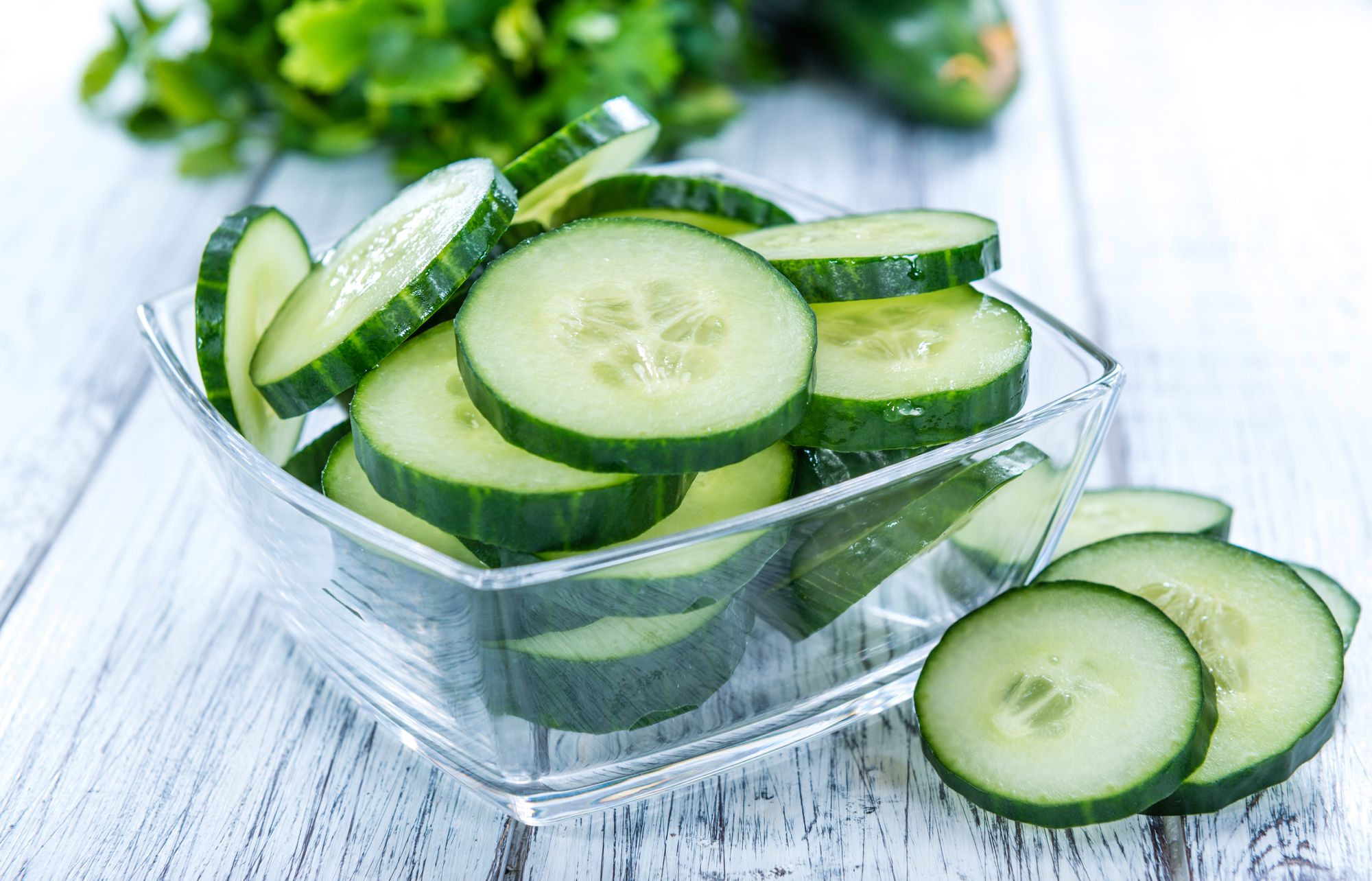
With its crisp texture, cucumbers are composed of approximately 95% water. Ilyse Schapiro, MS, RDN, highlights their potassium content, which may aid in stroke prevention, and their flavonoid fisetin, known for promoting brain health.
3) Zucchini (95% water):
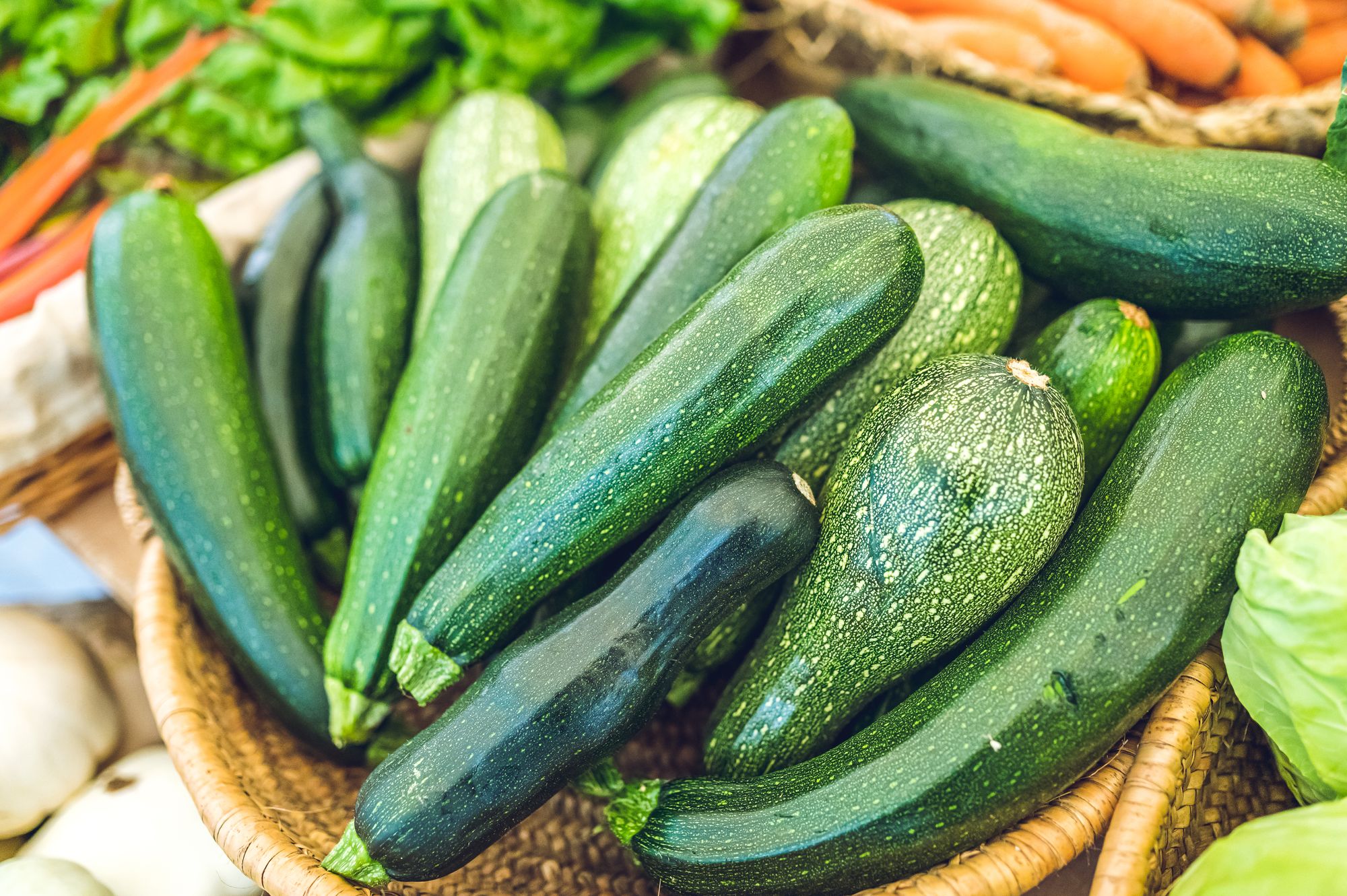
Sporting a 95% water content, zucchinis are excellent for maintaining hydration levels. They also shine as a low-calorie alternative, especially in spiralized "zoodles," and contribute a variety of nutrients.
4) Celery (95% water):
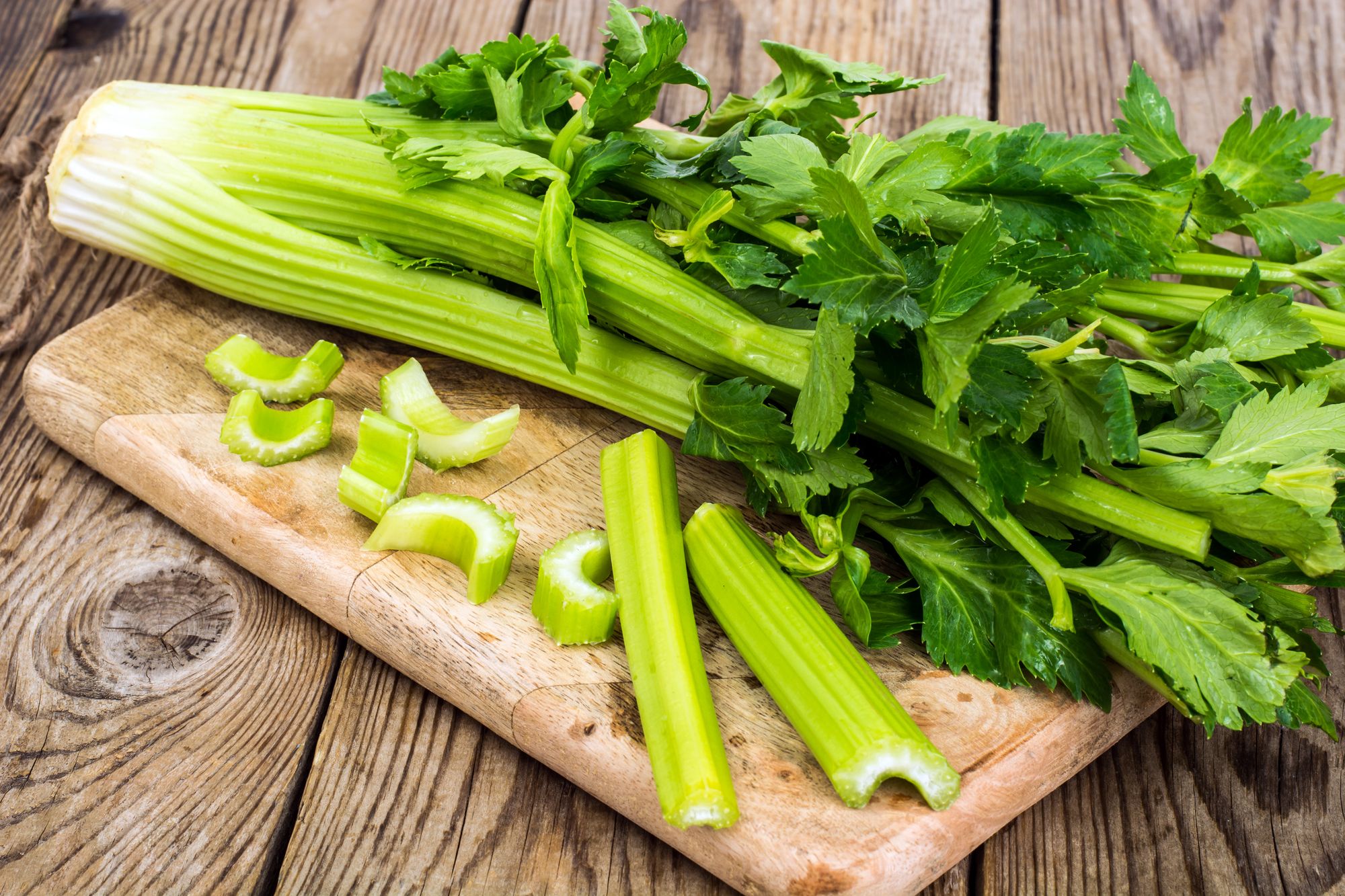
At a whopping 95% water content, celery is a hydration powerhouse. Beyond its hydrating properties, research suggests that compounds in celery may inhibit cancer cell growth and offer potential benefits against breast cancer.
5) Radishes (95% water):
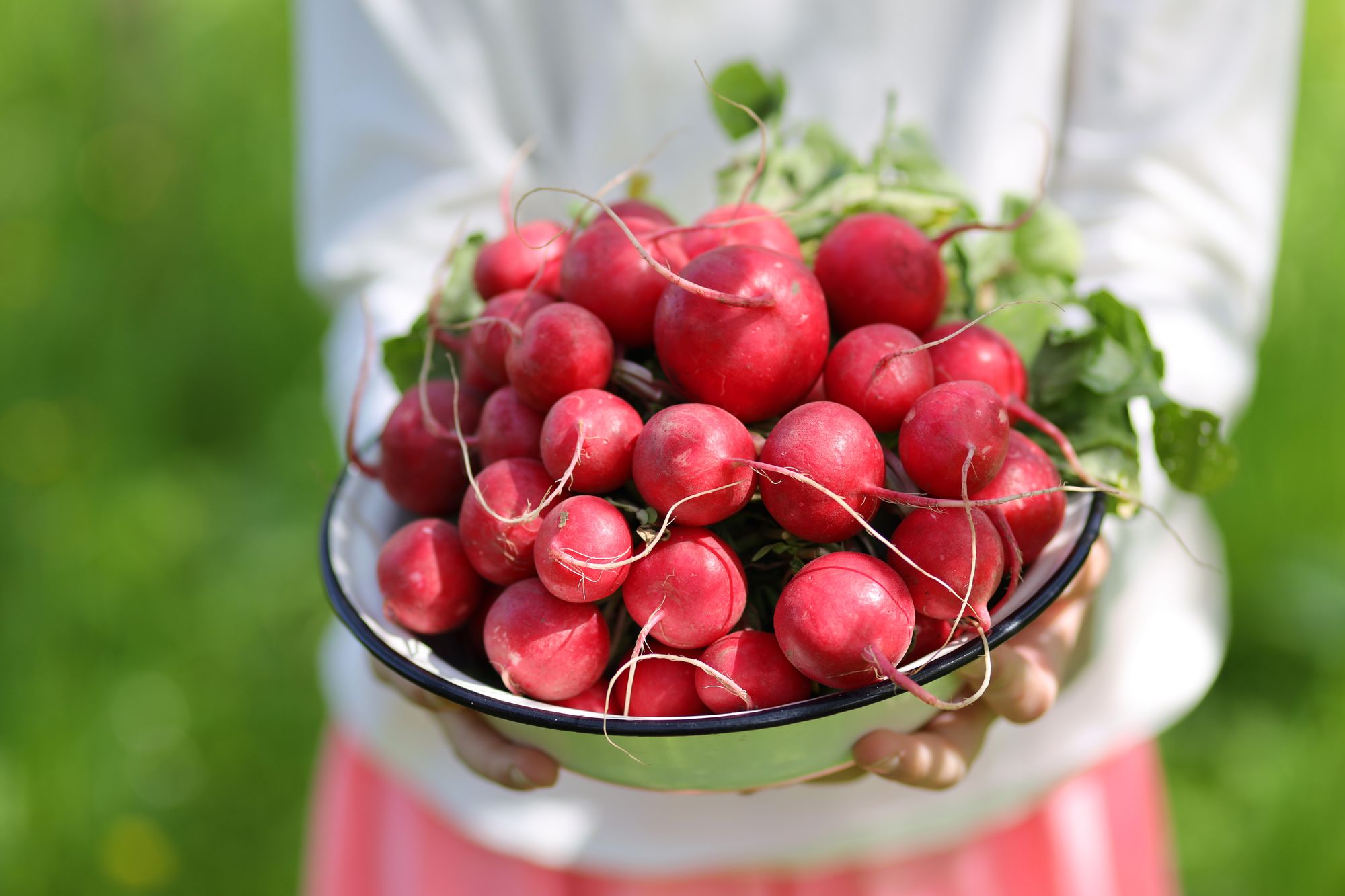
With a cooling effect on the body, radishes contain around 95% water. Rebecca Scritchfield, RDN, highlights their high vitamin C content, phosphorus, zinc, and antioxidants that support cellular health.
6) Tomatoes (95% water):
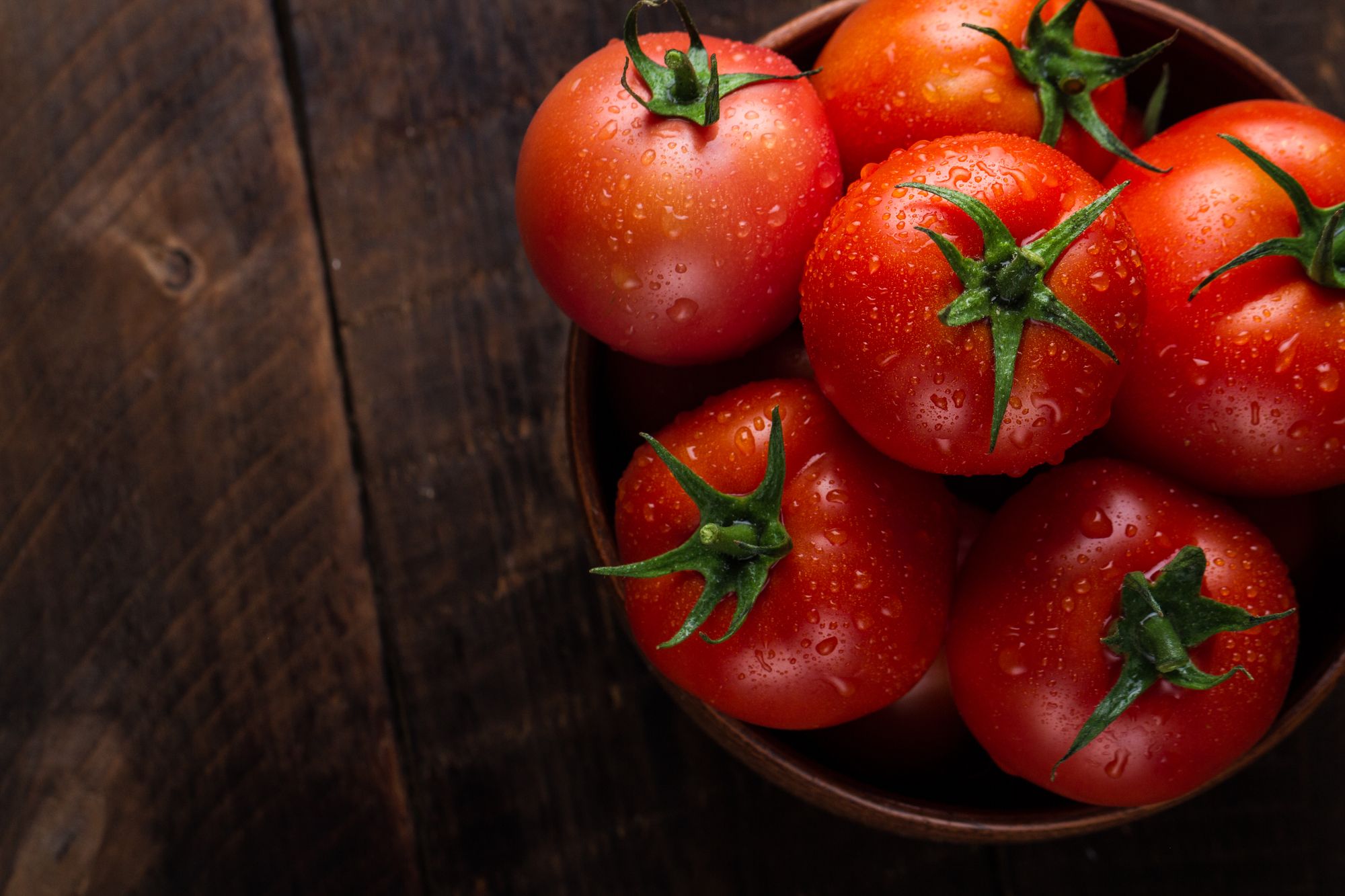
The nearly 95% water content of tomatoes makes them an ideal inclusion in any meal. Additionally, their rich nutrient profile includes lycopene, a potent antioxidant known for its potential cancer-fighting effects.
7) Eggplant (92% water):
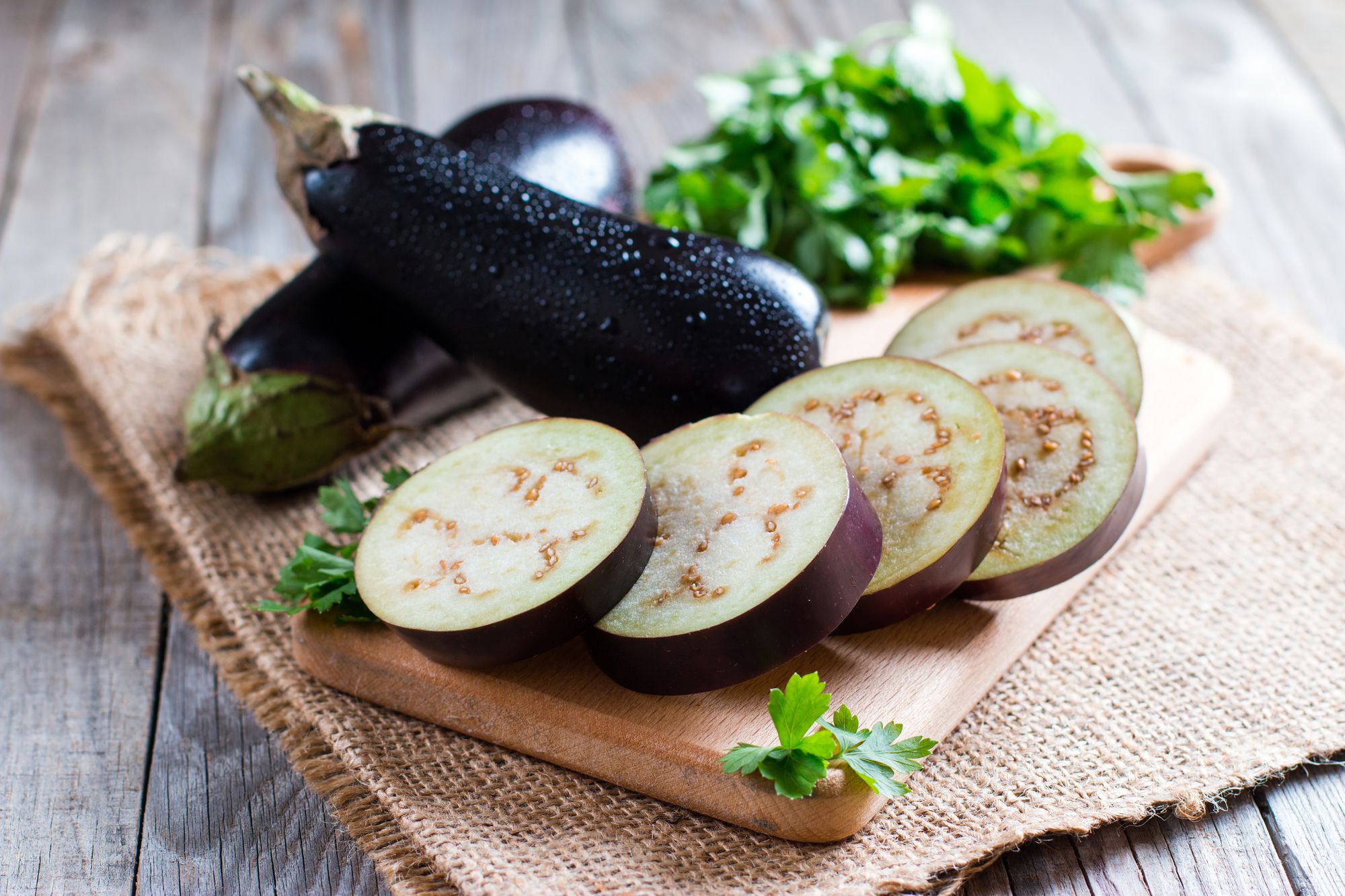
Eggplants contribute hydration with their 92% water content and stand as a low-calorie source of dietary fiber. They also provide essential nutrients like copper, B vitamins, manganese, vitamin K, and potassium.
8) Watermelon (92% water):
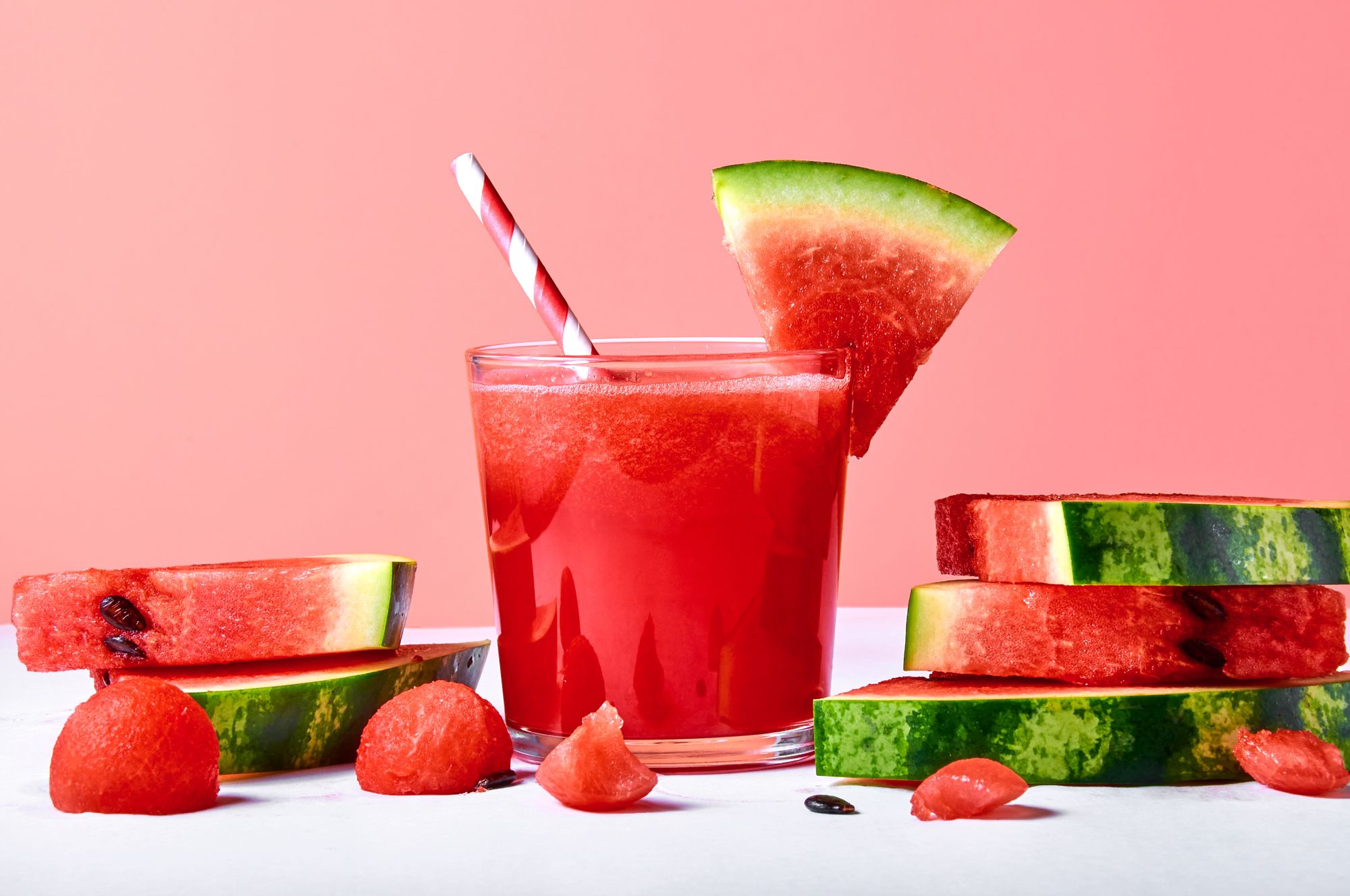
Comprising approximately 92% water, watermelons are not only thirst-quenching but also rich in vitamins A, B6, and C, as well as antioxidants like lycopene.
9) Cauliflower (92% water):
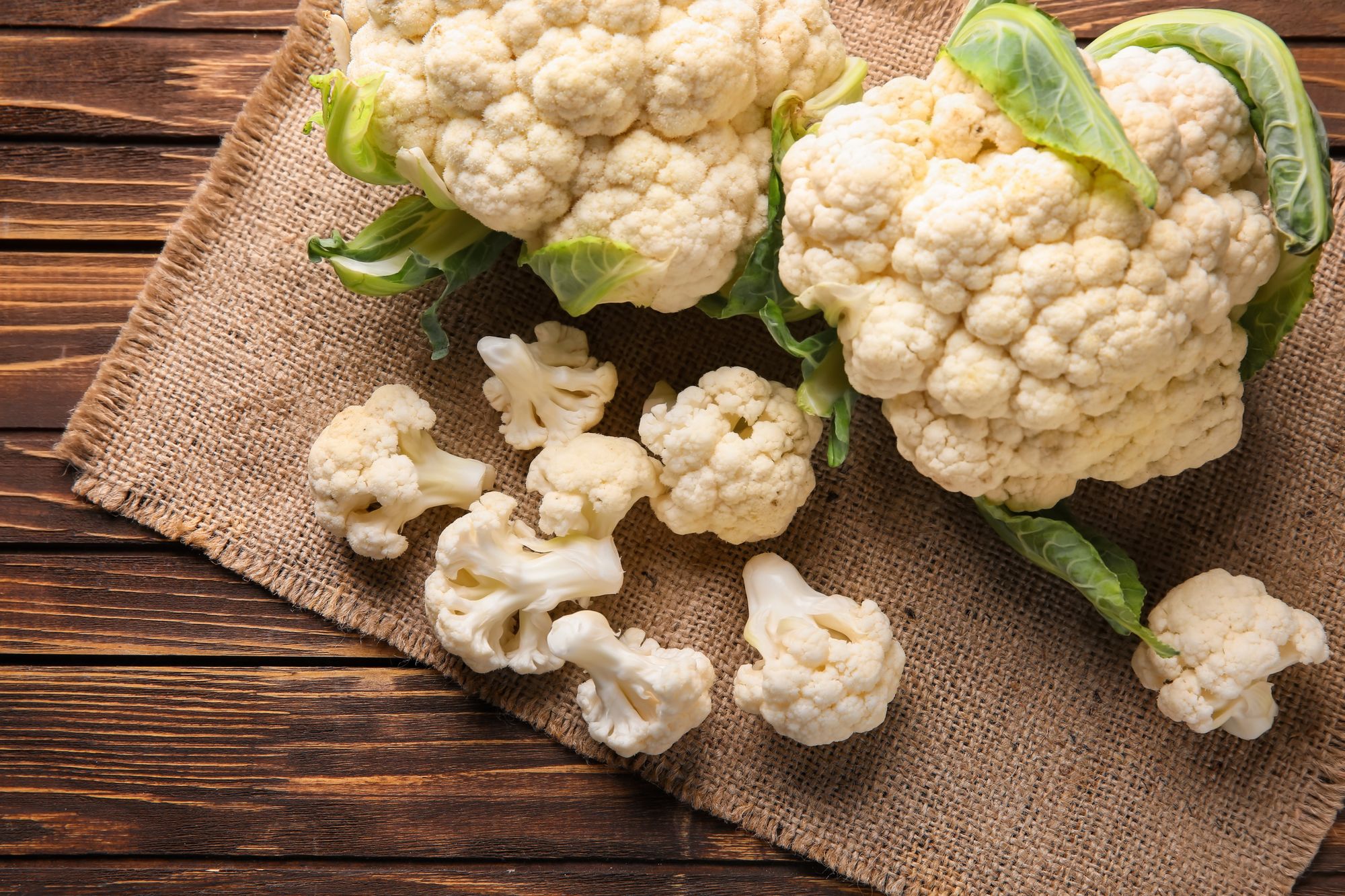
At 92% water, cauliflower is a versatile hydrating option that also boasts high fiber content (3.5 grams per cup of cooked cauliflower), along with vitamins C and K.
10) Grapefruit (92% water):
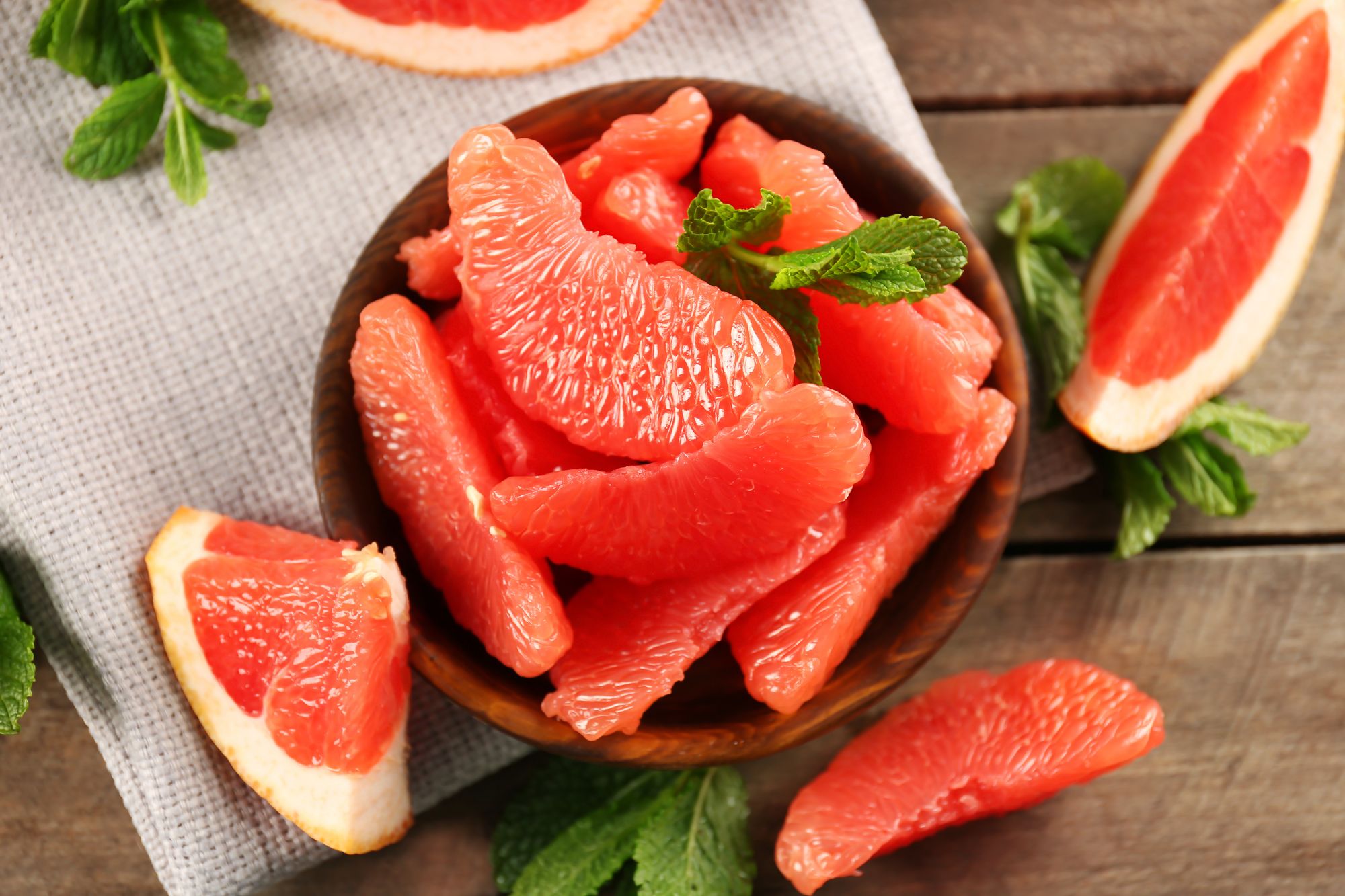
With a 92% water content, grapefruits combine hydration with a range of nutrients, including vitamins A and C, and antioxidants, supporting the immune system.
11) Starfruit (91% water):
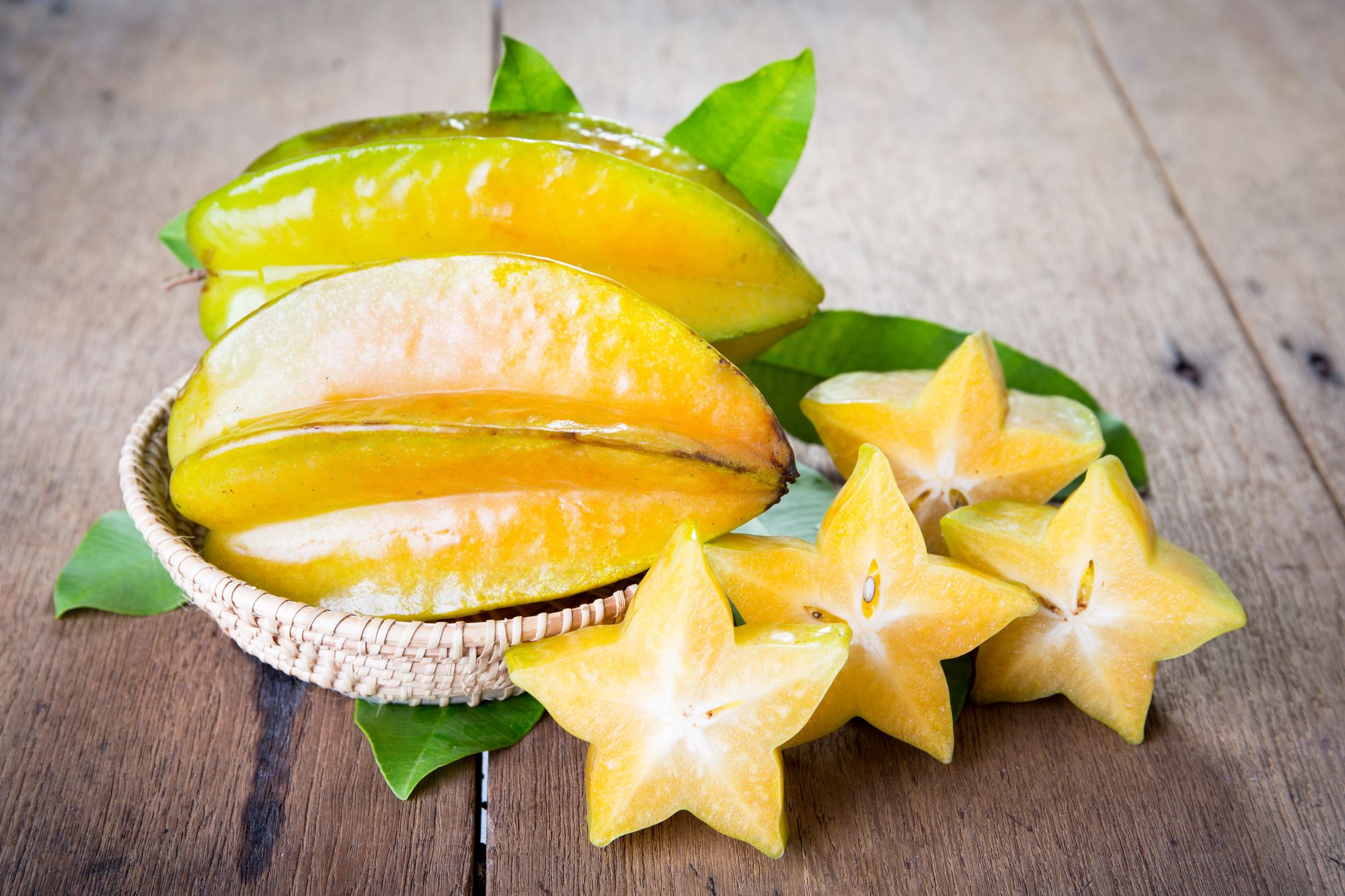
Often overlooked, starfruit contains over 91% water and offers a tangy flavor. Apart from hydration, it provides fiber, vitamin C, and compounds that have shown potential benefits for liver health.
12) Cantaloupe (90% water):
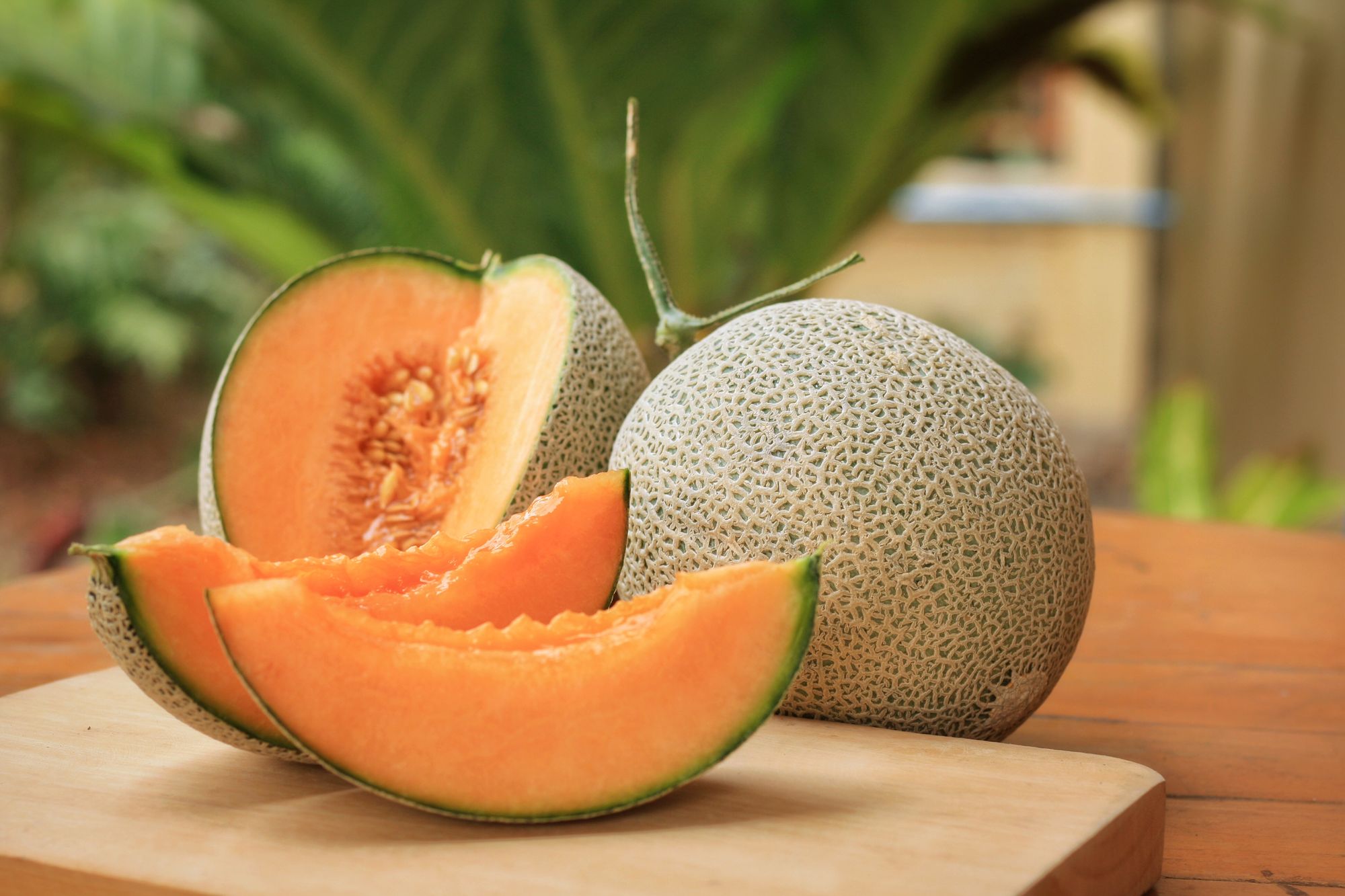
This melon's 90% water content contributes to its refreshing nature. Alongside hydration, it delivers beta-carotene and vitamin C.
13) Jicama (90% water):
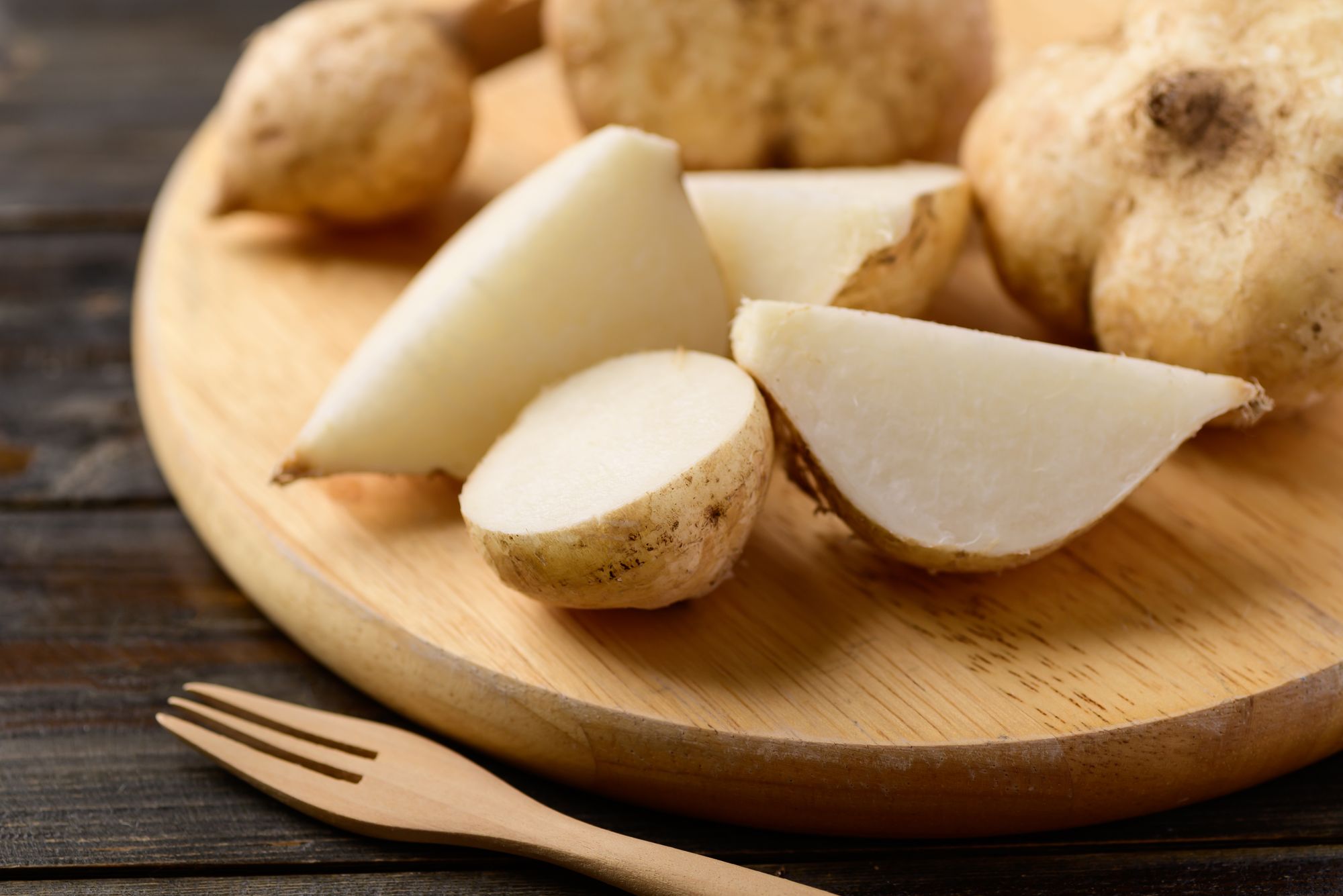
Rich in vitamin C, iron, and potassium, jicama's water content of about 90% makes it a hydrating and nutritious choice, lending crunch and subtle sweetness.
14) Carrot (88% water):
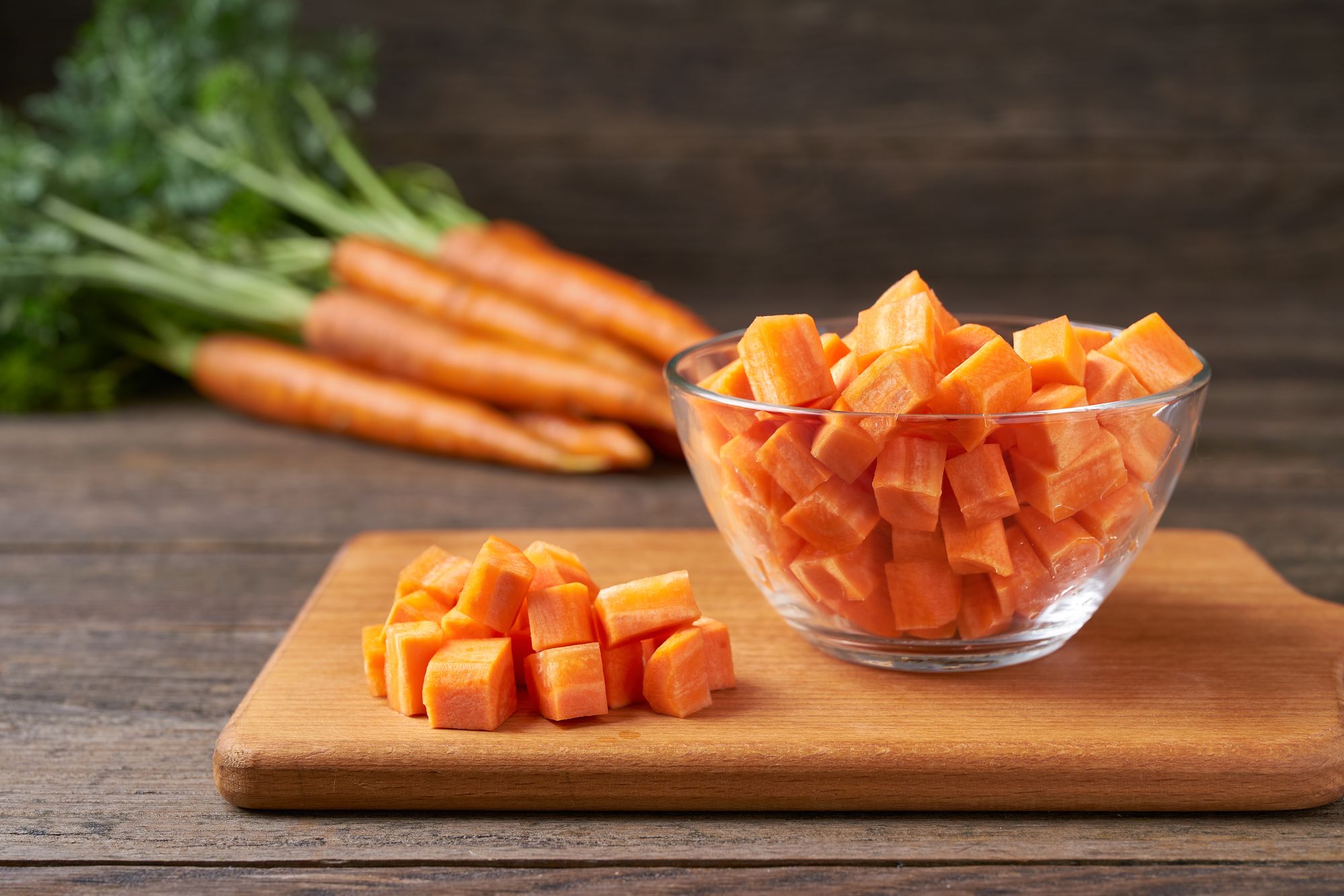
At 88% water, carrots stand out as hydrating while offering a rich source of fiber and supporting eye health through the maintenance of moisture in mucous membranes.
15) Peaches (88% water):
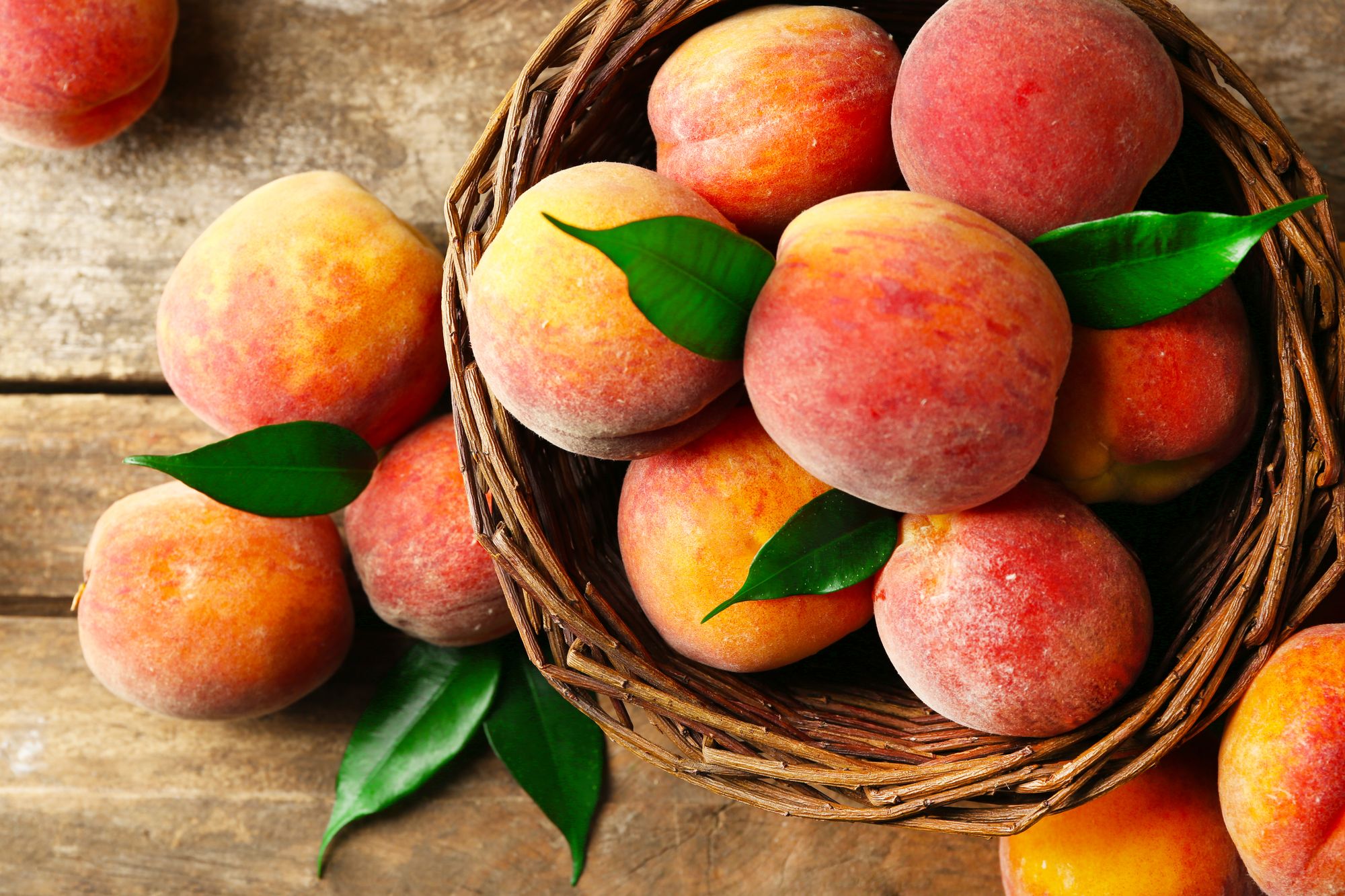
With an 88% water content, peaches not only provide hydration but also contain compounds that may help prevent obesity-related diseases, making them a juicy and nutritious option.
Embrace these hydrating superstars to quench your thirst and nourish your body with an array of vital nutrients. Incorporating these water-rich foods into your meals not only keeps you refreshed but also supports your overall health and well-being.

